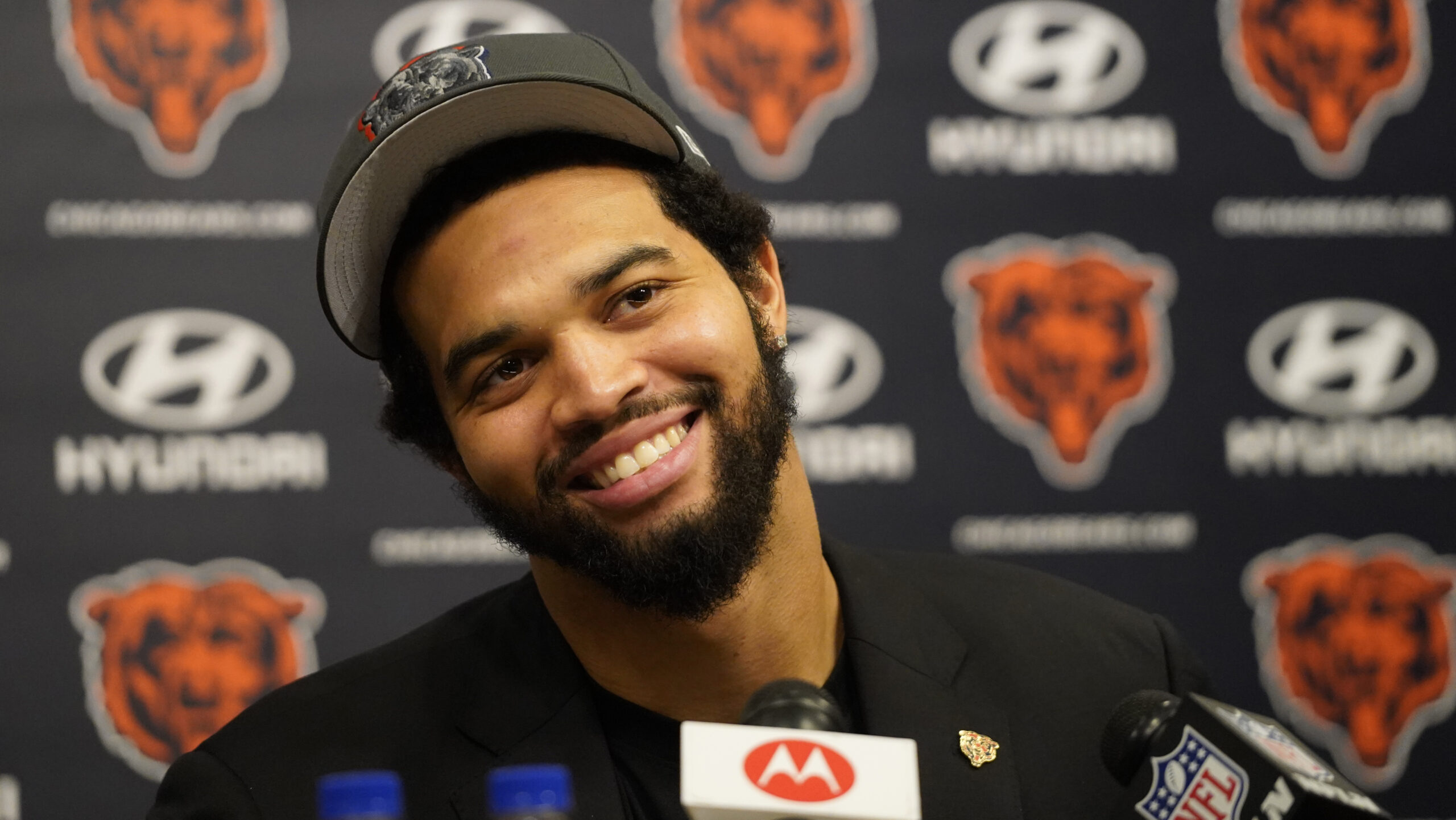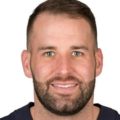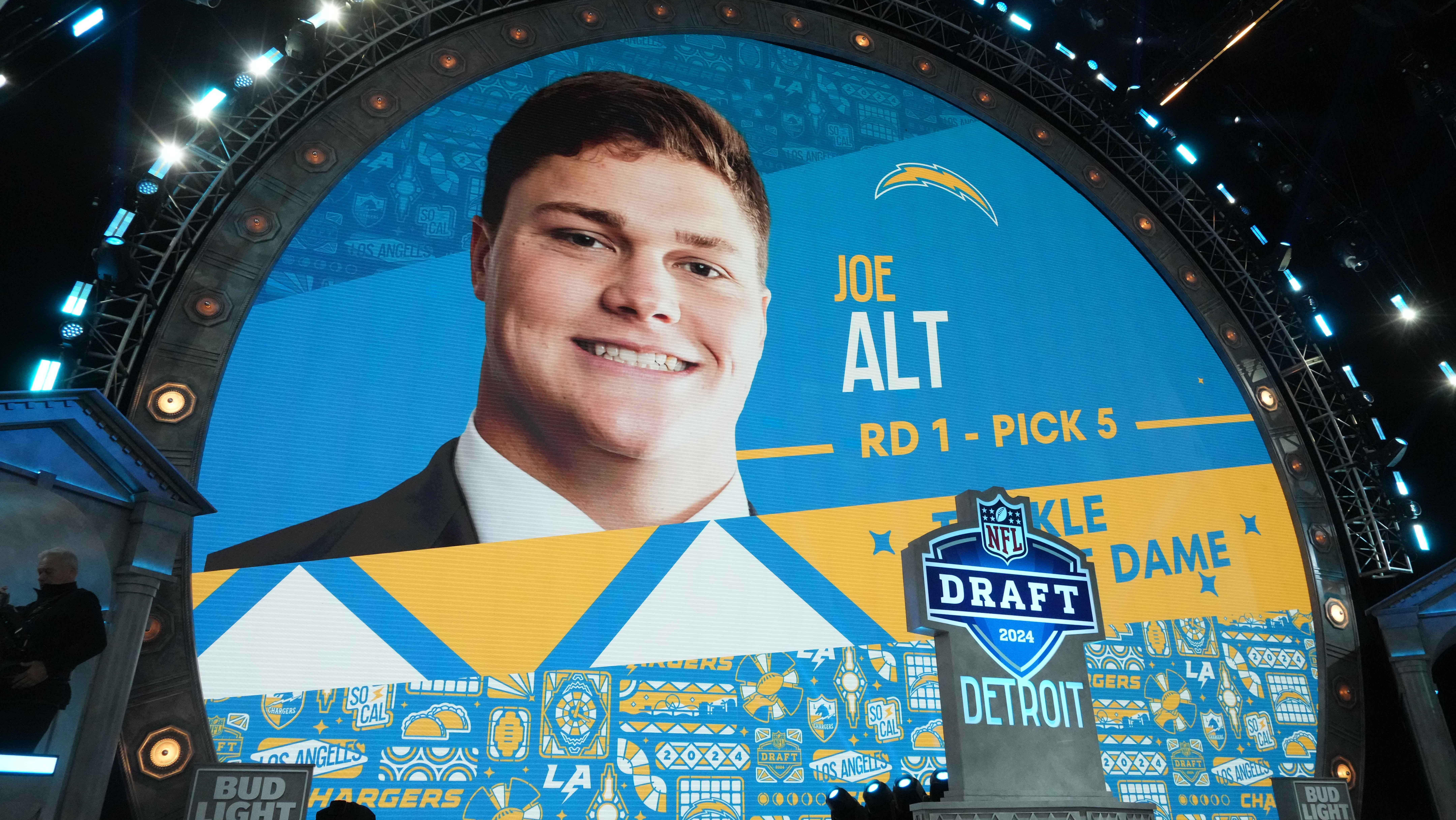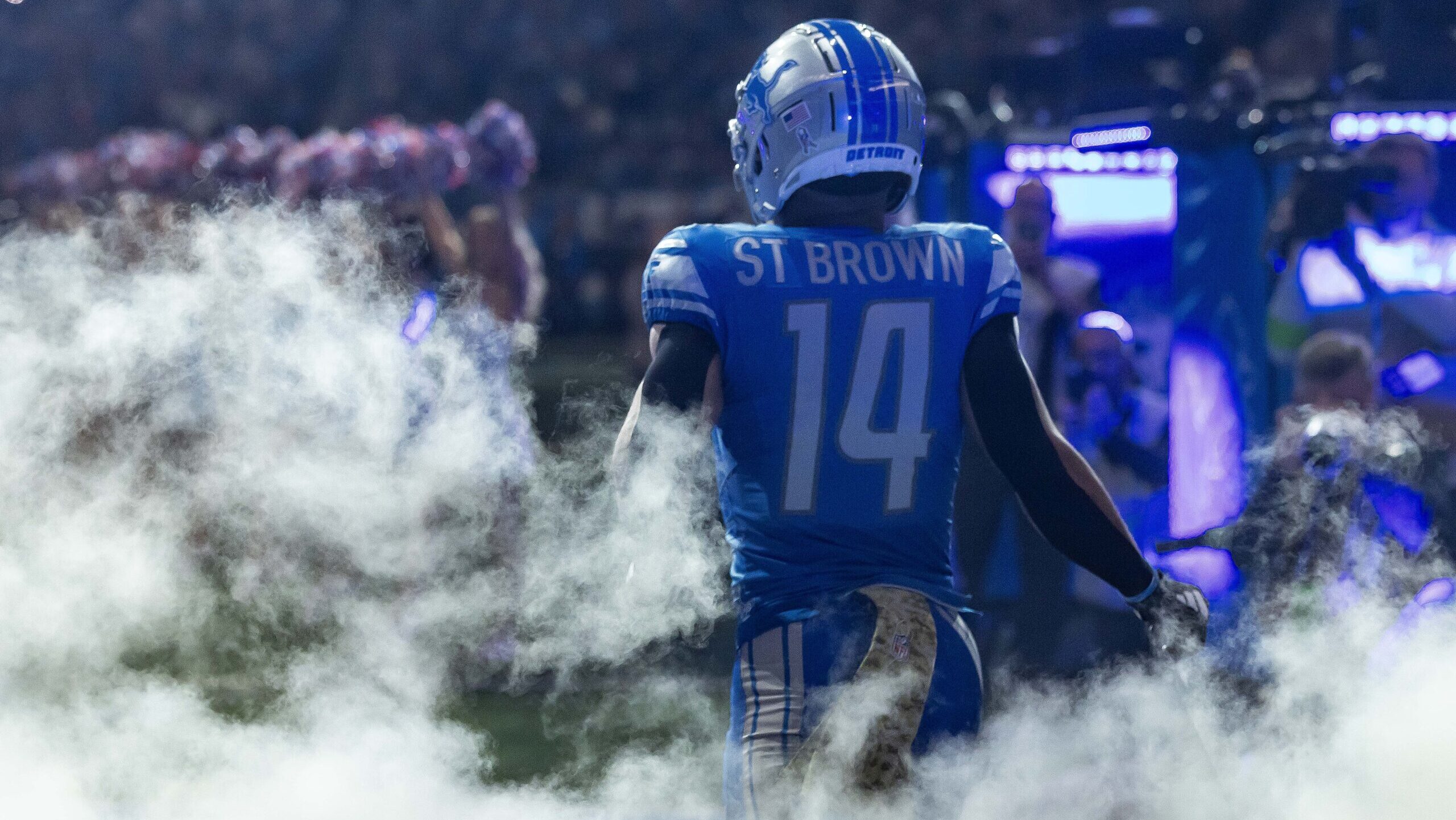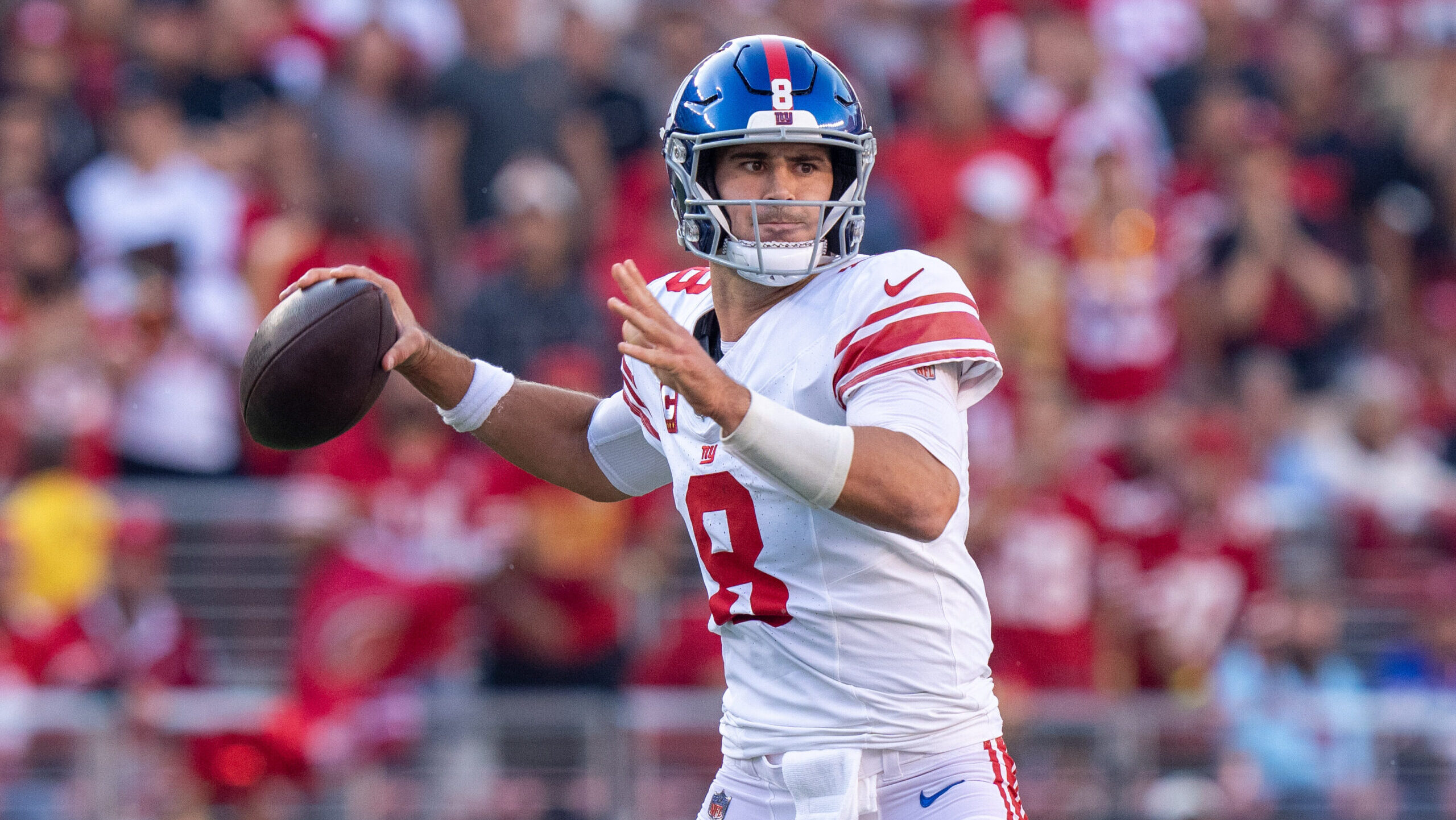Analysis
3/29/23
9 min read
NFL's Minority Hiring Process Making Strides, But Work Remains

At the NFL owners' meetings on Monday morning, the annual group picture of all the league's head coaches was taken, and once again, the whiteness was blinding.
It's not breaking news that, for the fifth straight year, there are only three black head coaches in the NFL. But the group photo, even with three white no-shows, underscores the unevenness.
The league has made some significant diversity strides. Ran Carthon became the NFL's eighth black and ninth minority general manager in January when the Tennessee Titans hired him. Both of those numbers are the most in league history. There also are five black and seven minority team presidents, also the most ever.
But until the number of black and minority head coaches dramatically increases, any other progress concerning diversity will get overshadowed.
Progress Being Made
"With regard to minority head coaches, and especially black head coaches, the number is below our expectations," said NFL Senior Vice President Jonathan Beane, the league's chief diversity and inclusion officer. "But overall, the recent policies — like the accelerator program and the offensive assistant program and others — have borne some fruit.
"If you look at the overall diversity of the clubs at almost every [job] position, it's gone up. The overall diversity at the league office has gone up."
Beane said the overall percentage of minority coaches in the league jumped from 35 to 42 percent from 2020 to 2022. The data hasn't been gathered yet for 2023, but he said he "feels good" the number will take another significant jump.
"We've made lots of changes to our efforts over the last three years that are bearing fruit," Beane said. "We have not hit on all cylinders in all areas. But when you look at overall progress, we feel pretty good about it."
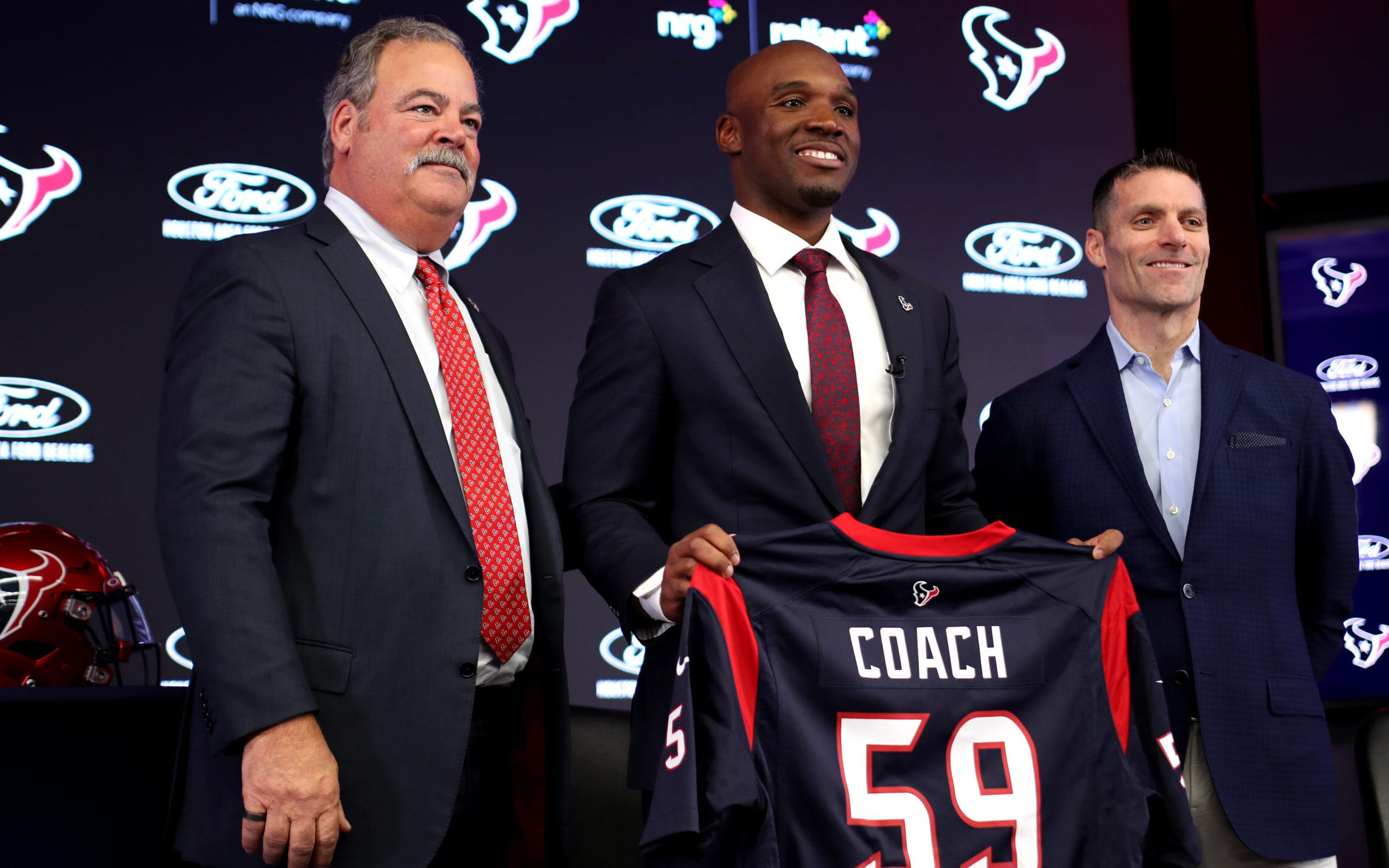
Yet, of the five head-coaching openings this offseason, only one went to a minority. DeMeco Ryans, who is black, was hired by the Houston Texans to replace Lovie Smith — who also is black, and was fired after just one season.
While the overall percentage of black/minority assistants in lower-level coaching jobs are increasing, there's been little movement in the critical assistant-coaching positions.
With every coaching staff set for 2023, there are just three black offensive coordinators (Carolina's Thomas Brown, Philadelphia's Brian Johnson and Washington's Eric Bieniemy), down from four in 2022. There are just five black quarterback coaches (Baltimore's Tee Martin, Houston's Jerrod Johnson, New Orleans' Ronald Curry, Tampa Bay's Thad Lewis and Tennessee's Charles London), which is one more than last year.
The number of black defensive coordinators dropped from 16 last year to 15 this year. That figure (15) includes Buffalo's Leslie Frazier, who is taking a year off but plans to return next season.
"I wish we had seen one or two more (minority) head coaches hired just because it would have shown that there is progress happening at all levels," said former NFL executive Joe Banner, an analyst for The 33rd Team who has advised the league on diversity issues. "But I do think we continue to see progress on the GM level, which helps me feel more confident there is a league-wide sensitivity to the issue. Like most people, I wish it were faster and more obvious. But we are seeing progress. I believe we are finally on the right track."
Playing the Long Game
The league is playing the long game to improve its diversity numbers. Beane and the league's Diversity, Equity and Inclusion Committee created the accelerator program last year. The program allows NFL owners to meet – and get to know – many of the league's up-and-coming minority personnel executives and coaches in a casual setting. There have been four accelerator events in the last year, most at owners' meetings.
"We were trying to figure out how we can move the (diversity) needle, how we can come up with innovative ways to disrupt the regular (hiring) process and provide new opportunities," Beane said. "The most important piece is giving candidates an opportunity to spend time with club owners.
"The idea is, let's provide an opportunity for sort of speed-dating where you've got tables, and you can have casual conversations. Then, we have a reception where you can go and mingle and just organically meet people. Other times, it can be very structured, where we literally make sure we put particular candidates with particular clubs and move them around.
"We want to be really creative in how we do the networking to make sure it's not always the same. What develops strong relationships is being involved and engaging and meeting people in a variety of different formats. Maybe next time they will play golf together. We just want to be creative in how we do that."
Basically, Beane and the DEI committee are diversity matchmakers.
"I feel like our job is to find those opportunities to break down those barriers and find ways for people to connect and really get to know each other and see if there's an opportunity down the road to work together and win," he said.
Laugh if you want, but it works. Carthon was one of the league's most highly regarded personnel executives. Still, Titans owner Amy Adams Strunk didn't know Carthon until they met at one of the league's accelerator gatherings last year.
"They hit it off and developed a relationship," Beane said. "Everybody was very aware that Ran was somebody who eventually was going to be a GM in this league. But he really felt that the accelerator program was very impactful for him and a key part of getting the opportunity with the Titans. "Human-to-human interaction has an amazing way of breaking down any kind of biases or perceptions that people may have. They say, 'Wow, that person is really impressive.'"
Former NFL executive Bill Polian, who was inducted into the Pro Football Hall of Fame in 2015, was on the NFL's first diversity committee in 2002. Two of his three head-coaching hires with the Indianapolis Colts – Tony Dungy and Jim Caldwell — were black.
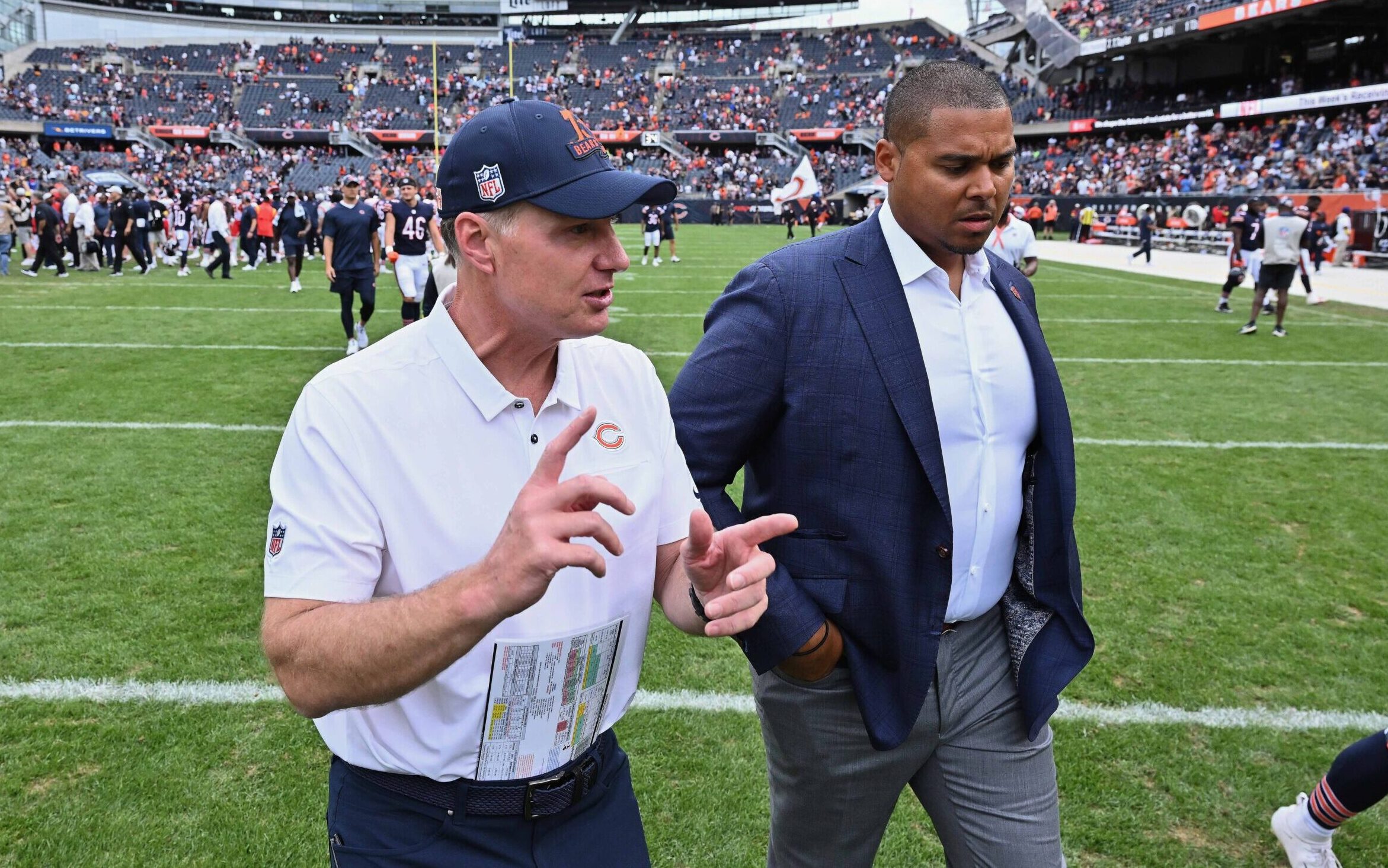
Last year, Polian was the only "outsider" on the Chicago Bears' five-member search committee for a head coach and general manager. The group broadened its search, interviewed multiple minority candidates, and ended up hiring Ryan Poles, who is black, as general manager, and Matt Eberflus, who is white, as the coach.
"The process worked exactly the way everyone hoped it would," said Polian, an analyst for The 33rd Team. "We broadened out by a large number the number of people we spoke to. And, of course, many of them were minorities. This means the owners got an opportunity in the interview to speak to people they otherwise might not have.
"That bodes well for the future because owners talk to one another. It's entirely possible for one owner to say I chose X for my general manager or head coach. But you know, by the way, candidates Y and Z were terrific. That's the best reference you can have.
"The accelerator program was created for the same reasons. It gives owners an opportunity to meet and see and talk to people they might otherwise not have the opportunity to get to know."
Building a Pipeline
In another move aimed at building minority depth in the coaching pipeline, the league issued a mandate last year that all teams must employ a female or member of an ethnic or racial minority as an offensive assistant coach.
Why offense? Because that's where the majority of head coaches are coming from. Nineteen of the league's 32 head coaches come from the offensive side of the ball. In the last five years, 35 head coaches have been hired. Twenty-four of them have offense in their backgrounds.
"Everybody is enamored with the quarterback," Troy Vincent, the NFL's executive vice president of football operations, told The 33rd Team last fall. "If you're not touching the quarterback, if you don't have a plan for how to manage or coach that individual, the chances of you becoming a head coach are greatly diminished because today, as we are seeing, teams are putting a half-billion dollars into that player."
Polian built a Super Bowl champion in Indianapolis with a Hall of Fame quarterback (Peyton Manning) and a Hall of Fame coach (Dungy), who came from the defensive side of the ball. But he thinks the offensive assistant mandate is a good idea.
"I'm a guy who historically has resisted mandates," Polian said. "But it absolutely makes sense in this case. The only way you're going to get minorities into the quarterback coaching room and offensive coordinator pipeline is to bring them in as offensive assistants and then mentor the best ones from there on in.
"You're obviously not going to see immediate results, but over time, you're going to see them. I would argue that the pipeline already is filled with plenty of highly qualified minorities. But this will only help that."
The thinking is today's offensive quality control coach will develop into tomorrow's offensive coordinator and head coach.
"It's really a reflection of what wasn't done five years ago," Banner said. "The people being hired at the lower levels now will be prime candidates for bigger and more visible jobs three, five, seven years from now. Because five years ago, we weren't filling enough of those positions with people that could be developed and placed on a trajectory to become head coaches, the progress has been slower than we'd like. But it's irrefutable that it's happening."
Said Beane: "I always say it's a marathon, not a sprint. When you put things together and are prioritizing something, it's going to take some time to be where you want to be.
"I know it's frustrating to hear sometimes because not everybody has the time to be patient. They have great talent, and they're ready, and they want the opportunity now. And in many cases, they deserve that. But there are only 32 positions in all of these critical roles. You can only have the opportunity when the position is available.
"We need to make sure that not only are the candidates ready, but that the clubs are ready in terms of making sure the process is strong and that they're looking at candidates fairly. And that the right people, the truly talented people we have for all of these roles, are in the room and being given the opportunity to say, 'I'm the best person that you should hire.'"
Paul Domowitch covered the Eagles and the NFL for the Philadelphia Daily News and Philadelphia Inquirer for four decades. You can follow him on Twitter at @pdomo.


